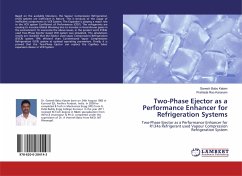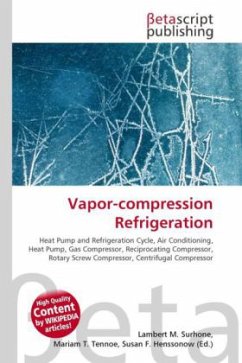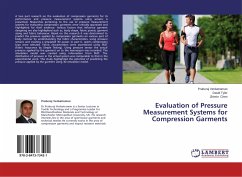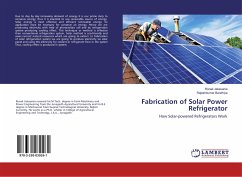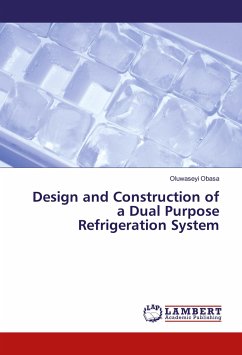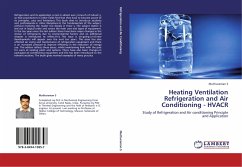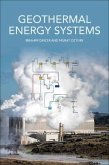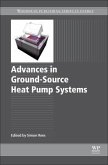Based on the available literature, the Vapour Compression Refrigeration (VCR) systems are inefficient in Nature. This is because of the usage of inefficient components in VCR System. The Expander is playing a major role in the VCR system Coefficient of Performance (COP). The refrigerants are causing to increase Global Warming due to increase in Greenhouse gases in the environment. To overcome the above issues, in the present work R134a used Two-Phase Ejector based VCR system was simulated. The simulations results are revealed that the Ejector used vapor Compressions Refrigeration (EVCR) system 19% efficient than Conventional Vapor Compressions Refrigeration (VCR) system at optimal operating parameters. Finally, it is proved that the Two-Phase Ejector can replace the Capillary tube/ expansion device in VCR System.
Bitte wählen Sie Ihr Anliegen aus.
Rechnungen
Retourenschein anfordern
Bestellstatus
Storno

